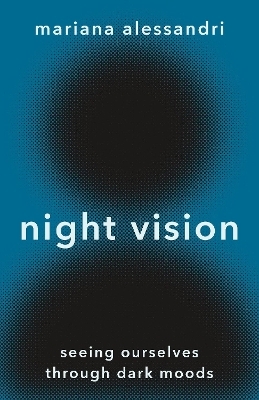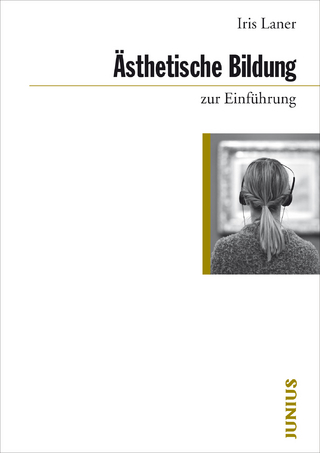
Night Vision
Seeing Ourselves through Dark Moods
Seiten
2023
Princeton University Press (Verlag)
978-0-691-21545-7 (ISBN)
Princeton University Press (Verlag)
978-0-691-21545-7 (ISBN)
A philosopher’s personal meditation on how painful emotions can reveal truths about what it means to be truly human
Under the light of ancient Western philosophies, our darker moods like grief, anguish, and depression can seem irrational. When viewed through the lens of modern psychology, they can even look like mental disorders. The self-help industry, determined to sell us the promise of a brighter future, can sometimes leave us feeling ashamed that we are not more grateful, happy, or optimistic. Night Vision invites us to consider a different approach to life, one in which we stop feeling bad about feeling bad.
In this powerful and disarmingly intimate book, Existentialist philosopher Mariana Alessandri draws on the stories of a diverse group of nineteenth- and twentieth-century philosophers and writers to help us see that our suffering is a sign not that we are broken but that we are tender, perceptive, and intelligent. Thinkers such as Audre Lorde, María Lugones, Miguel de Unamuno, C. S. Lewis, Gloria Anzaldúa, and Søren Kierkegaard sat in their anger, sadness, and anxiety until their eyes adjusted to the dark. Alessandri explains how readers can cultivate “night vision” and discover new sides to their painful moods, such as wit and humor, closeness and warmth, and connection and clarity.
Night Vision shows how, when we learn to embrace the dark, we begin to see these moods—and ourselves—as honorable, dignified, and unmistakably human.
Under the light of ancient Western philosophies, our darker moods like grief, anguish, and depression can seem irrational. When viewed through the lens of modern psychology, they can even look like mental disorders. The self-help industry, determined to sell us the promise of a brighter future, can sometimes leave us feeling ashamed that we are not more grateful, happy, or optimistic. Night Vision invites us to consider a different approach to life, one in which we stop feeling bad about feeling bad.
In this powerful and disarmingly intimate book, Existentialist philosopher Mariana Alessandri draws on the stories of a diverse group of nineteenth- and twentieth-century philosophers and writers to help us see that our suffering is a sign not that we are broken but that we are tender, perceptive, and intelligent. Thinkers such as Audre Lorde, María Lugones, Miguel de Unamuno, C. S. Lewis, Gloria Anzaldúa, and Søren Kierkegaard sat in their anger, sadness, and anxiety until their eyes adjusted to the dark. Alessandri explains how readers can cultivate “night vision” and discover new sides to their painful moods, such as wit and humor, closeness and warmth, and connection and clarity.
Night Vision shows how, when we learn to embrace the dark, we begin to see these moods—and ourselves—as honorable, dignified, and unmistakably human.
Mariana Alessandri is associate professor of philosophy at the University of Texas Rio Grande Valley, the nation’s first bilingual university. In addition, she and her partner are the founders of RGV PUEDE, a nonprofit whose mission is to promote dual language education in South Texas public schools. They live on the border with their two tesoros.
| Erscheinungsdatum | 12.04.2023 |
|---|---|
| Verlagsort | New Jersey |
| Sprache | englisch |
| Maße | 140 x 216 mm |
| Themenwelt | Geisteswissenschaften ► Philosophie |
| Geisteswissenschaften ► Psychologie | |
| ISBN-10 | 0-691-21545-6 / 0691215456 |
| ISBN-13 | 978-0-691-21545-7 / 9780691215457 |
| Zustand | Neuware |
| Informationen gemäß Produktsicherheitsverordnung (GPSR) | |
| Haben Sie eine Frage zum Produkt? |
Mehr entdecken
aus dem Bereich
aus dem Bereich
wie Philosophie uns helfen kann, unseren Weg zu finden
Buch | Hardcover (2023)
dtv Verlagsgesellschaft
26,00 €
wie Hoffnung politisch wird
Buch | Softcover (2023)
Philipp Reclam (Verlag)
7,00 €


